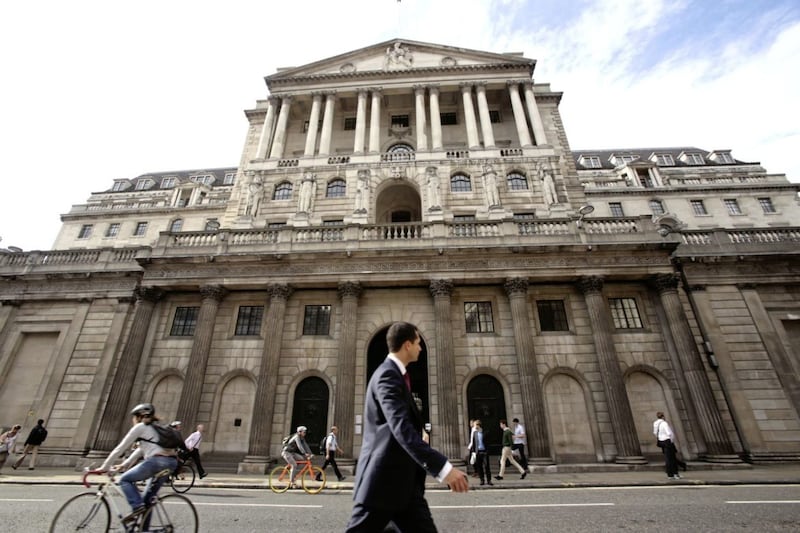EMERGING market assets seem to have been suffering from a little indigestion so far this year after the stellar returns of the last two years. Sharply higher US bond yields and a resurgent US dollar have certainly played their part in this.
While everyone loses out from a trade war, emerging markets would surely suffer the worst as the market reaction to jarring headlines and tweets on trade would suggest. Burgeoning global trade over the last several decades is the tide that has helped lift many of these economies, particularly Asia, to the happy state they find themselves in today. Any reversal, however temporary, will likely have a similarly disproportionate effect.
The absence of constitutional restraints on the US President in this area is important to remember for investors in emerging markets. However, the approach of US midterm elections in November may have some restraining influence. The more focused list of tariffs issued by the Chinese authorities suggests that they are fully aware of this.
Higher prices for soybeans would hurt the Chinese consumer as a key input into hog prices, a major part of China’s consumer basket. However, with eight of the top 10 soybean producing US states coming out for candidate Trump in the 2016 elections and three of these states in close run senate races in November, the bet is that the US side of the table will feel this war more keenly politically. Our suspicion remains that this ongoing trade skirmish will not deteriorate into a full blown trade war, with some form of negotiated settlement the most likely outcome.
The ongoing pullback in emerging market assets amidst rising US yields, is reminiscent of the ‘Taper Tantrum’ of 2013. Back then, rising rate expectations caused investors to pull their money out of higher-yielding emerging market assets, as the potential returns on US assets increased.
Today, we think emerging markets are less vulnerable to a repeat. As a whole, emerging market economies have developed much more robust macroeconomic foundations relative to 2013. They have accumulated larger currency reserves to stabilize their currencies, kept their external indebtedness at reasonable levels, and reduced their reliance on external funding from foreign investors.
Select EM economies which are dependent on foreign investment inflows, may face additional selling pressure should US yields continue rising. But as a whole, we think emerging markets are better placed to weather through rising US yields.
The US withdrawal from the international deal to curtail Iran’s nuclear weapons programme certainly created media ripples, but from a markets perspective, it was widely anticipated. Indeed, oil prices actually traded slightly lower upon the announcement of the withdrawal.
However the Iran story is certainly not the only game in town. A global economy finally moving out of the long shadow cast by the great financial crisis is providing a healthy demand story for oil. On the supply side, the removal of Venezuelan oil exports from the global market place is depriving the market of increasingly scarce ‘heavier’ crudes.
The US onshore patch, for its part, tends to produce only ‘superlight’ crudes, for which the US refinery capacity is ill suited to utilize without blending with heavier grades. All this adds up to a market where, even without clipping Iranian output, supply is tightening and the prospects for demand remain healthy.
Capital markets seem to be in a holding pattern at the moment. The debate on how late in a nearly 10-year old US economic cycle we are is unsettling some investors but there is nothing too sinister in our view.
Above trend growth looks set to continue in many of the most important economies in the world while inflationary pressures remain sufficiently benign to keep central bankers normalising monetary policy very gradually. This backdrop should continue to allow the corporate sectors’ wares to shine. emerging market equities remain an important part of that.
:: Jonathan Sloan (jonathan.sloan@barclays.com) is a private banker at Barclays Wealth & Investment Management








